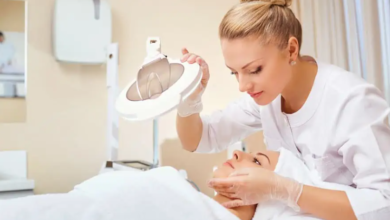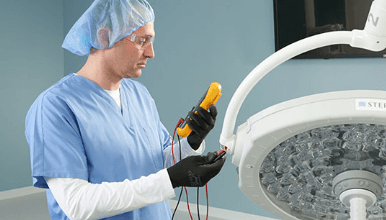Are There Alternatives to BPC-157?

BPC-157 has gained popularity in recent years for its potential to aid in healing injuries, promoting tissue repair, and supporting recovery. However, because it’s not approved for medical use in many countries—including Australia—many people are wondering: are there safe and legal alternatives to BPC-157? This blog explores some of the available options, from medical treatments to supplements and lifestyle strategies.
Why Look for Alternatives to BPC-157?
While BPC-157 shows promise in preclinical studies, it remains an unapproved substance for human use in Australia and many other countries. There are no large-scale human trials confirming its safety or effectiveness, and purchasing it often means buying from unregulated suppliers. This raises concerns not only about legality but also about product purity and health risks.
Because of these issues, it’s worth exploring safer, evidence-based alternatives that are approved by health authorities.
See also: What’s the Difference Between a Tax Agent and an Accountant?
Medical Alternatives for Tissue and Injury Healing
a. Platelet-Rich Plasma (PRP) Therapy
PRP therapy uses a patient’s own blood, processed to concentrate the platelets, and then injected into an injured area to promote healing. It’s commonly used for tendon injuries, joint pain, and ligament tears. PRP is an approved and widely used treatment available through medical clinics.
b. Physical Therapy and Rehabilitation Programs
Structured rehabilitation programs guided by physiotherapists can improve mobility, strengthen muscles, and help tissues heal effectively. Physical therapy remains one of the safest and most evidence-based approaches to injury recovery.
c. Approved Anti-Inflammatory Medications
Non-steroidal anti-inflammatory drugs (NSAIDs) and corticosteroid injections may be prescribed to manage pain and inflammation. While these are not regenerative treatments, they can support recovery when used under medical supervision.
d. Regenerative Medicine Approaches
In some regions, stem cell therapy is being explored and used for joint and soft tissue injuries. These treatments are more regulated than peptides like BPC-157 and may be available in approved clinical settings depending on local regulations.
Supplement-Based Alternatives
a. Collagen Supplements
Collagen plays a vital role in the structure of tendons, ligaments, and cartilage. Taking collagen supplements—particularly hydrolysed collagen—may support connective tissue health when combined with vitamin C to boost collagen synthesis.
b. Glucosamine and Chondroitin
These supplements are often used to support joint health and reduce discomfort from cartilage wear. While results vary, some people report benefits, especially for mild joint issues.
c. Omega-3 Fatty Acids
Omega-3s are known for their anti-inflammatory properties, which can benefit joint and tissue health. They can be obtained from fatty fish or supplements like fish oil.
Lifestyle-Based Alternatives
a. Balanced Nutrition for Healing
A diet rich in protein, vitamins C and D, zinc, and magnesium can provide the nutrients needed for tissue repair. Foods like leafy greens, citrus fruits, eggs, and lean meats can help support natural healing processes.
b. Rest, Sleep, and Recovery Protocols
Adequate sleep and rest are critical for recovery, as many tissue repair processes occur during deep sleep. Overtraining or pushing through injuries can hinder healing, making balanced rest just as important as treatment.
Why Consult a Healthcare Professional?
It’s tempting to seek out quick fixes or experimental treatments, but working with a qualified healthcare professional ensures you get advice based on scientific evidence and personalised care. A doctor, physiotherapist, or sports medicine specialist can assess your injury or condition, recommend approved treatments, and guide your recovery safely.
If you’re curious about peptides or other interventions, a healthcare professional can explain their risks, legal status, and alternatives. While some individuals search for bpc157 buy options online, it’s vital to understand that using unapproved substances without medical oversight can carry significant risks.
Next Steps
While BPC-157 has attracted attention for its potential healing benefits, its legal and medical status remains uncertain. Fortunately, there are approved, evidence-based alternatives—from PRP therapy and physiotherapy to targeted supplements and lifestyle adjustments—that can support healing safely. Always speak with a healthcare professional before considering new treatments, especially those not approved for human use.







